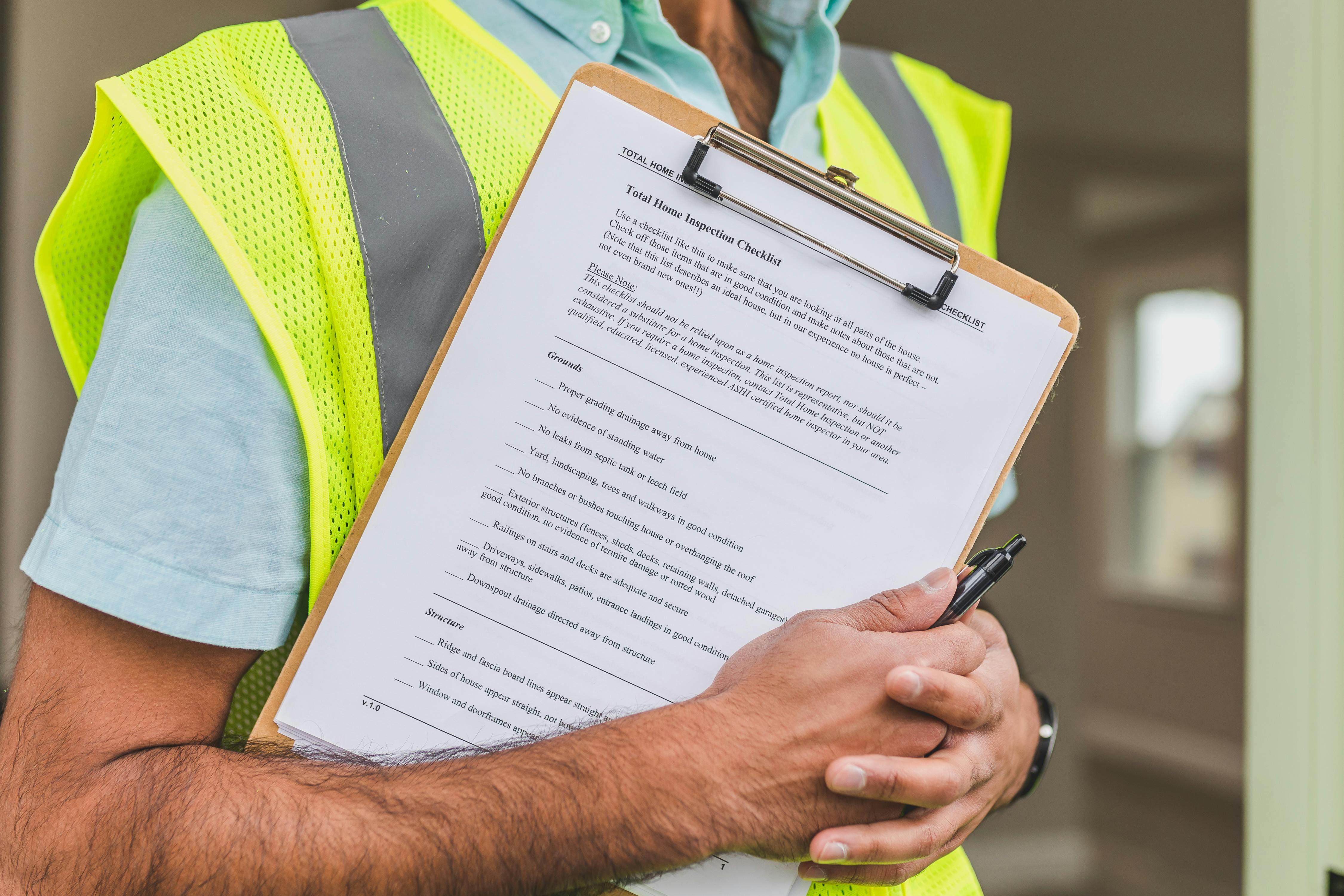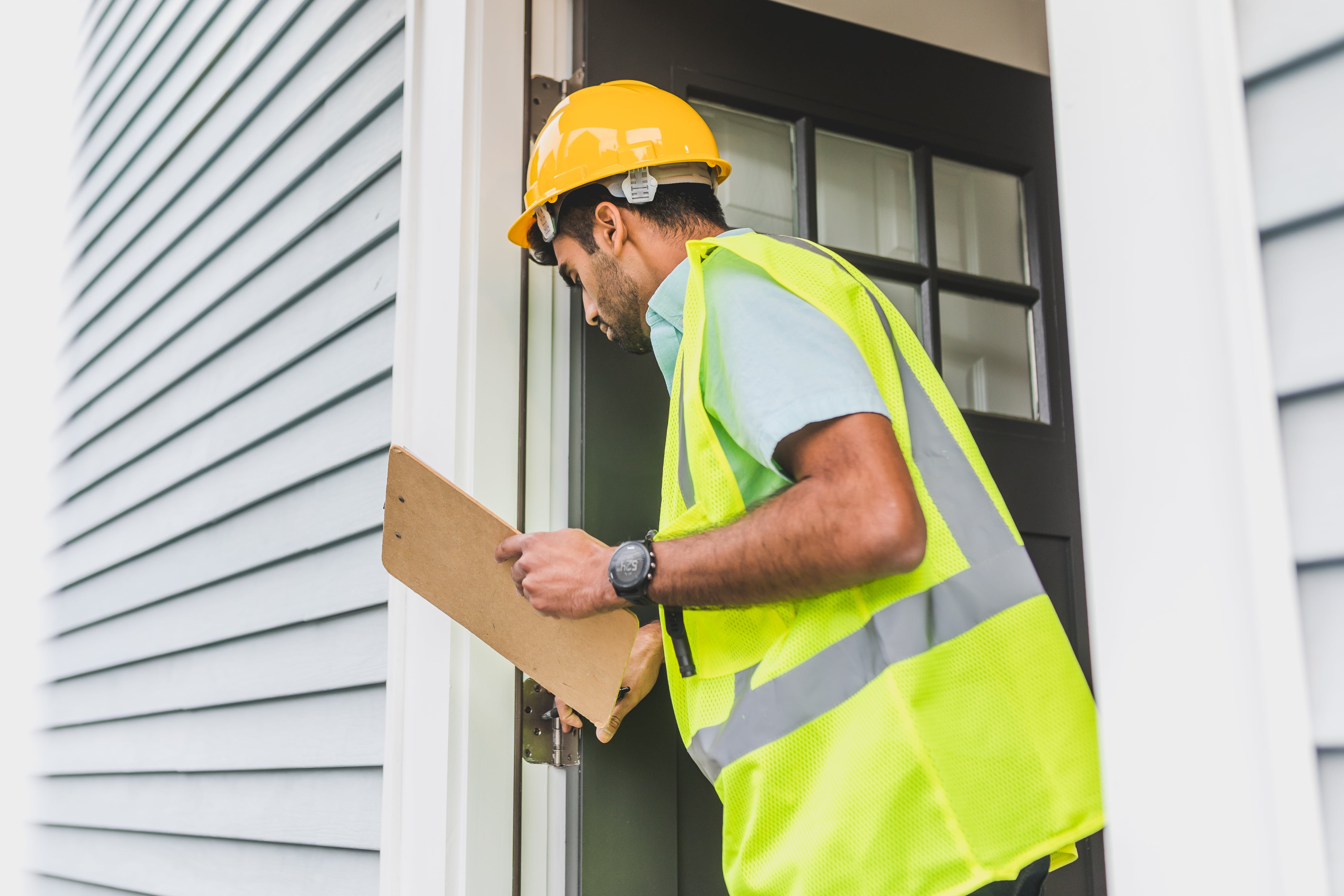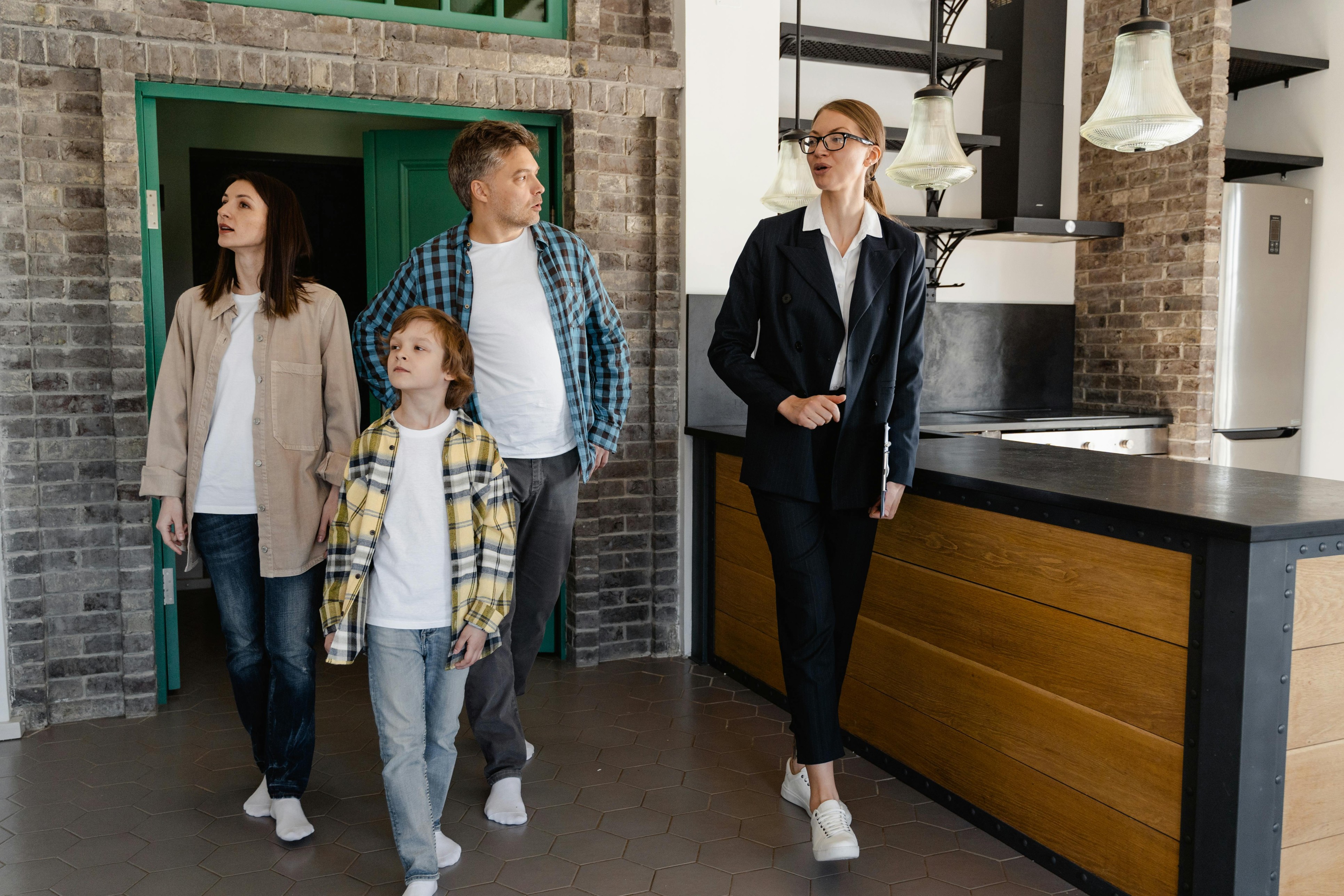As prospective homeowners navigate their home-buying journey, many often ask, “When should I hire an inspector for a condo?”
We’re here to help answer that question and further equip you to close the deal on your dream place successfully.
The Right Time for an Inspection
The timing matters when it comes to setting up a condo inspection. This crucial step should take place right after you go under contract on a property but before closing the deal.
Here are several reasons why a condo inspection is conducted during this timeframe:
- Due Diligence: An inspection allows the buyer to thoroughly assess the condition of the condo and identify any potential safety issues or needed repairs before finalizing the purchase.
- Negotiation Leverage: If the inspection reveals any issues or defects, the buyer may have grounds to negotiate with the seller for repairs or a reduction in the sale price. This negotiation is often more effective before the deal is closed, as the seller may be more motivated to address concerns to ensure a smooth transaction.
- Peace of Mind: Knowing the condo’s condition before closing can relieve a buyer’s anxiety. It reduces the risk of unpleasant surprises after the deal is finalized, helping the buyer confidently move into their new home.
- Protecting Your Investment: Purchasing a condo is a significant financial commitment. By inspecting the property before closing, buyers can proactively identify potential problems that may affect the property’s value or their ability to live comfortably in it.
- Contingency Period: Many condo contracts include a contingency period, during which the buyer can conduct inspections and back out of the deal without penalties if significant issues are discovered. Inspecting during this period allows the buyer to exercise their contingencies based on the inspection results.
- Understanding Maintenance Needs: An inspection can provide valuable information about the current state of the condo and its components. This information is helpful for planning future maintenance and repairs, allowing the buyer to budget accordingly.
Other Common Condo Inspection Questions
Here are other queries we often receive regarding condo inspection:
- Is hiring an inspector required for a condo? While it’s not legally required, real estate professionals highly recommend that condo buyers conduct a thorough inspection as part of their due diligence and for the above reasons.
- What types of issues can a condo inspector help uncover? They can bring to light various issues, including structural problems, plumbing and electrical issues, HVAC system malfunctions, water damage, mold, and other potential concerns that may affect the property’s value or the buyer’s living conditions.
- What are the benefits of a professional condo inspector? A licensed and experienced inspector provides an unbiased evaluation of the property along with the knowledge of what to look for and how to identify discreet issues.
- What is the estimated cost of a condo inspector, and is it worth it for condo buyers? The cost of a condo inspection can vary based on factors such as location and property size. On average, condo inspections may range from a few hundred to over a thousand dollars. While there is a cost involved, we consider this step worth every penny.
Along with addressing, “When should I hire an inspector for a condo?” hopefully, the other information helps you triumphantly move forward in the home-buying process.
For further confidence in this substantial purchase, let our team of licensed and experienced professionals support you!










